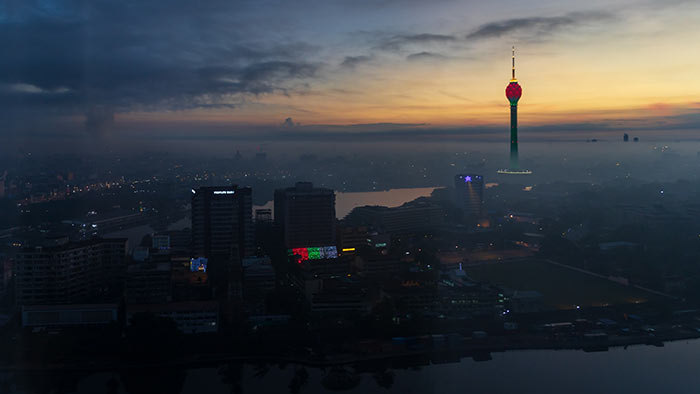Sri Lanka nears debt restructuring deal to overcome financial crisis, says Foreign Minister

Photo credits: unsplash
Sri Lanka plans to conclude talks with international bondholders on restructuring $12.5 billion in debt within a few weeks, according to Foreign Minister Ali Sabry. This move is critical for the country to overcome its severe financial crisis.
Sabry emphasized the importance of maintaining balanced relations with India and China, as both are significant creditors and investors in Sri Lanka. He assured that there would be no preferential treatment between the two.
During an interview at the Reuters NEXT conference in Singapore, Sabry indicated that the bond restructuring efforts should be finalized by the end of the month. This follows a provisional agreement with some bondholders last week, which now requires the consent of other private creditors and the International Monetary Fund (IMF).
Sri Lanka has a total of $37 billion in external debt and recently secured an agreement with official creditors, including Japan, China, and India, to restructure $10 billion of this debt. The restructuring is expected to save the country $8 billion in write-offs and delay capital repayments by at least four years.
Sabry mentioned that Sri Lanka aims to restart several stalled, foreign-funded development projects and boost economic growth. The IMF has also highlighted the need for continued reforms, such as property tax implementation, restructuring of loss-making state-owned companies, and improving dollar reserves.
Sri Lanka, with a population of 22 million, relies heavily on foreign tourism and investments. Its strategic location makes it a key player in regional politics, with India and China vying for influence.
India’s involvement in Sri Lanka spans tourism, port development, and renewable energy sectors. The two countries are also working on connecting their power grids. Closer ties with southern Indian states, like Tamil Nadu, are expected to benefit Sri Lanka’s economic growth.
However, tensions have arisen over Chinese research vessels docking at Sri Lankan ports, which India has opposed. In response, Sri Lanka has suspended foreign research ships from docking this year. Sabry stated that Sri Lanka would continue to engage with both India and China, ensuring that no actions threaten its neighbors’ security.
Looking ahead, Sri Lanka will hold presidential elections before mid-October, with economic issues being a primary focus. The country’s economy is expected to grow by 3% this year, marking the first positive growth since the 2022 financial crisis.
(This summary is based on information from Reuters)
Latest Headlines in Sri Lanka
- Sri Lankan Government approves National Policy ‘A Thriving Nation – A Beautiful Life’ March 4, 2025
- Sri Lanka officials discuss food security ahead of Sinhala and Tamil New Year March 4, 2025
- Fuel distributors accept new CPC commission formula, talks continue March 4, 2025
- IMF commends Sri Lanka’s economic recovery, stresses need for fiscal discipline March 4, 2025
- Warrant issued for arrest of Weligama Police OIC over fatal shooting March 4, 2025


